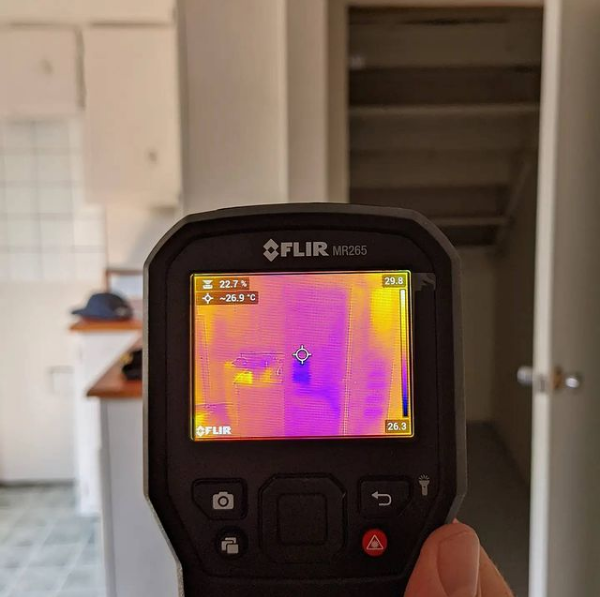Top 20 most common issues found during a home inspection
If you’re a buyer who’s having a home inspected before removing subjects, you can expect to find a few of these in the inspection report you’re purchasing.
If you’re a homeowner, this would be a good place to start your “to-do” list of simple home upgrades to do before you list your home for sale. A bit of time spent upgrading some smaller items in your home before you list it, may help you end up with a smaller inspection report and help you sell your home faster. Often times, findings are age-related, meaning that homes from certain eras have systems of the same age and may contain materials from those eras, or use building techniques that are not used anymore.
The items in this list aren’t necessarily the “biggest” or “most serious” deficiencies, but based on our experience, below is a list of the most common deficiencies that we find in homes during our home inspections.
The top 20 issues found in homes - 2021
Smoke alarms and carbon monoxide detectors are old, or inadequate.
Electrical receptacles or switches inoperative or deficient.
Mold in attics or darkening of roof sheathing.
GFCI protection missing.
Insufficient ventilation in attic.
Moisture behind tiles in shower wall.
Exterior caulking missing or failing.
Walkway, driveway or pavement cracks.
Dryer vent/screen dirty or blocked.
Water heater nearing or at end of life.
Loose toilet.
Interior drywall cracks - cosmetic settling.
Insufficient insulation in attic.
Light fixtures and/or bulb inoperative.
Electrical deficiencies - shock hazard.
Doors need adjusting.
Minor window defects - minor damage, condensation, broken seals.
Faucets and/or shower-heads need servicing.
Minor countertop or cabinet damage.
Gas leaks in the home.
Be aware of age-related items
Many of the an inspector’s findings are age related. For example, if the home is 40 or 45 years old, and has not been updated, you will likely see several comments about the age of systems. The doors, window, furnace, plumbing, and electrical panel will be at or approaching the end of their useful life. The inspector might make a comment like “budget for replacement”. There may also be informational comments about older materials that we don’t use anymore in new construction, like lead-based paints, asbestos (in tiles or drywall), and single-strand aluminium wiring.
What does this mean? Fewer surprises!
The good news is that you now have some insight into what conditions a home inspector is most likely to find. These are our most common findings, and while some of these definitely require a specialist, some of the above issues are minor items that can be remedied by watching a YouTube video, reading a few tips on HGTV or BH&G and making a quick trip to the hardware store. If you’re not confident with your home repair skill-set, we always make a call to a local qualified professional.

